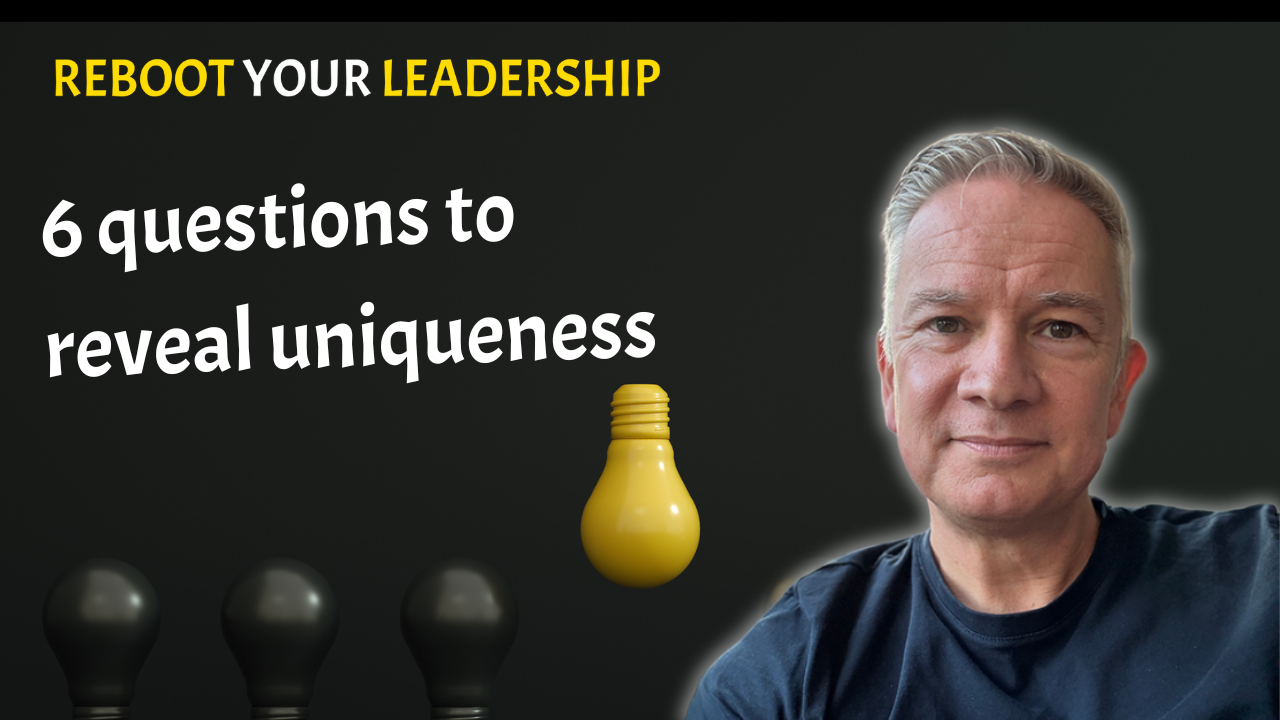|
I passionately believe that our job as leaders is to create heroes in every role – where everyone is focused, thriving and achieving.
To be focused means they're clear on what they're doing - and why.
To be thriving means they're playing to their strengths and passions.
To be achieving means that they're experiencing the deep satisfaction of making a difference.
But how do we enable this?
If we're going to position people so that they're focused, thriving and achieving, then we need to discover the uniqueness in each. person.
Here are six questions that can help us do that.
- Tell me your story
I'm always fascinated by people's life stories—how they came to be where they are today. What are they comfortable sharing about their upbringing, faith journey, work history, and more? This simple invitation offers a window into how someone has been shaped by their life experiences—and the wisdom they've gained along the way.
- Describe your personality traits and leanings
For example, in simple terms, some people might describe themselves as more task-oriented or people-oriented, or as introverts or extroverts. While there are plenty of tools and surveys that can help explore these traits, we should use them with caution—treating them as helpful perspectives, not complete definitions.
- What are you passionate about?
This question digs into core motivations. What gets someone out of bed in the morning? What sparks their energy or gives them a sense of purpose? It’s about discovering what puts fire in their belly—and why it matters to them.
- When you're feeling at your most energised and effective, what are you doing?
People tend to feel most energised and effective when they're doing what they’re naturally good at and genuinely enjoy. This taps into a unique combination of strengths, talents, skills, and knowledge, brought to life through real-world examples.
- What areas do you find most challenging or draining?
This question invites a deeper level of self-awareness—opening the door to honest reflection on struggles, limitations, or patterns that might be blind spots. It helps us understand where someone feels stretched, discouraged, or depleted—and how they navigate those moments.
- What are your preferences when it comes to how you are led and managed? This explores how someone best thrives under leadership. It can include how often they like to check in, whether they prefer recognition publicly or privately, and how they respond to challenge, feedback, or opportunities to grow. It’s about uncovering what kind of environment helps them feel supported, stretched, and seen.
These conversations might take time, but the better we know our people, the better we can love them, understand them, serve them, and ultimately, position them where they can thrive. |
|

